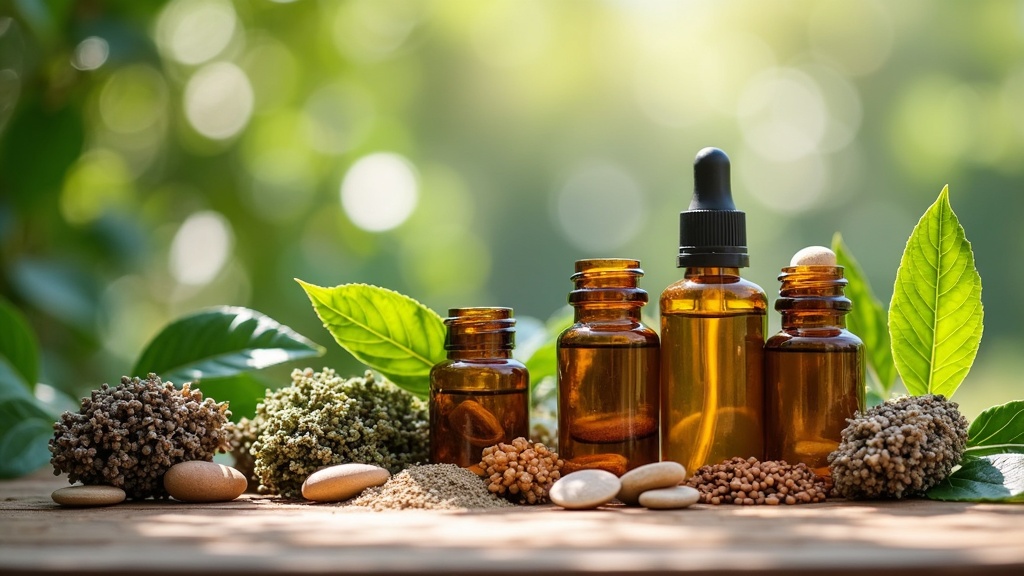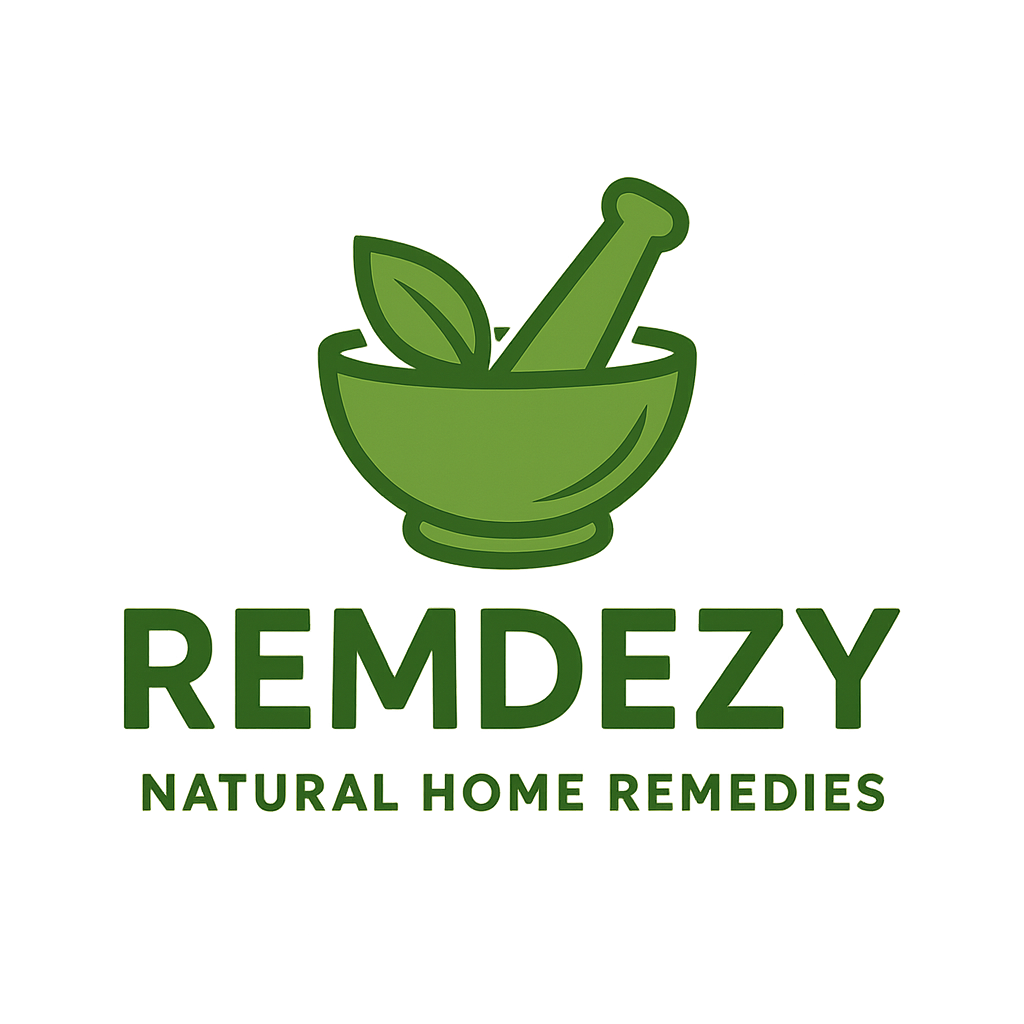Natural supplements and herbal remedies have become super popular these days, especially for folks looking to boost their immunity in a more holistic way. With shelves stocked full of colorful bottles, roots, teas, and extracts, it’s easy to wonder what actually works, or what the difference even is between a “natural supplement” and an “herbal remedy.” I’m here to untangle these terms, break down each approach, and offer practical tips for making smart choices for your immune health.

Understanding Natural Supplements and Herbal Remedies
Natural supplements and herbal remedies often get lumped together, but they aren’t exactly the same thing. Each takes a slightly different route when it comes to supporting your immune system, and knowing what each offers helps you pick what fits your goals best.
Natural Supplements: These include a wide variety of products made from vitamins, minerals, amino acids, probiotics, and sometimes concentrated plant compounds. What makes supplements “natural” is that their ingredients usually come from food sources, plants, minerals, or other naturally occurring substances. You’ll find these as pills, powders, gummies, or liquids at most pharmacies and health stores.
Herbal Remedies: These go straight to the source, meaning plants or parts of plants like leaves, bark, roots, or flowers. Remedies can include traditional teas, tinctures, capsules filled with ground herbs, or topical oils. Herbalism has been around for centuries in different cultures, and many herbs have strong reputations for helping keep the immune system running smoothly.
There are plenty of products that sort of overlap, too. For example, you might see a “natural supplement” capsule packed with a single herb, or a blend of vitamins with added herbal extracts. That’s why reading labels and understanding what’s inside is so important when shopping for immunity-boosters.
Breaking Down Immunity: What Are We Really Trying to Support?
Immunity is the body’s built-in defense system. It helps fight off things like viruses, bacteria, and other unwanted invaders. But when stress, poor sleep, or unhealthy diets get in the way, your system can use a little extra help.
The main idea behind both natural supplements and herbal remedies is giving the body a nudge so its own immune fight stays strong. This can mean anything from reducing time spent sick to bouncing back faster or even just feeling more energized when the cold and flu season rolls around.
Some natural supplements and herbs claim to “boost” your immunity, but what they usually do is support healthy immune function rather than supercharging it. The best results come from taking these products as part of a well-rounded lifestyle, not just as quick fixes.
Popular Natural Supplements for Immunity
Natural supplements that support the immune system come in many forms. Here’s a list of some of the most well-known:
- Vitamin C: Probably the most talked about supplement for cold season, vitamin C supports cellular functions of the immune system. If you’re low on vitamin C, taking it can help with your immune response.
- Vitamin D: Many folks, especially in cooler climates, don’t get enough sunlight, leading to lower vitamin D. Healthy vitamin D status is closely linked to proper immune system performance.
- Zinc: This mineral plays a big role in making immune cells function. Short-term dosing at the first sign of a cold has shown results in some studies.
- Probiotics: These friendly bacteria help keep your gut healthy, and since so much of the immune system is linked to the digestive tract, a healthy gut biome can mean better defenses.
- Quercetin: Found in onions and apples, quercetin is often added to supplements for its antioxidant and immune-supporting properties.
One big advantage of natural supplements is their consistency and easy dosing, making sure you’re getting a reliable amount of these nutrients or compounds every day.
Beyond those, other nutrients getting attention for immunity include selenium, B vitamins, and Omega-3. These help your immune system work smoothly and can fill in nutritional blanks if your diet isn’t perfect. Multivitamins can also support overall defense if you’re unsure of gaps in your daily intake.
Herbal Remedies: Traditional Roots and Modern Uses
Herbal remedies pull from traditions like Traditional Chinese Medicine (TCM), Ayurveda, and Indigenous herbalism. Here are a few herbs commonly used to support immunity:
- Echinacea: Known as a “go-to” herb for fighting off infections, echinacea is often used in teas or tinctures during the first sign of cold symptoms.
- Elderberry: This dark purple berry is often used in syrups or lozenges for helping with respiratory symptoms during flu season.
- Astragalus: A favorite in TCM, astragalus root is typically used as a daily tonic to help the immune system run smoothly, especially in the fall and winter months.
- Andrographis: Gaining popularity recently, andrographis is used to help relieve symptoms of respiratory infections and shorten the duration of a cold.
- Garlic: Besides adding flavor to meals, garlic contains allicin, which is believed to help support immune health.
Many herbal remedies come as teas, syrups, tinctures, or even through aromatherapy (like eucalyptus oil for steam inhalation). The experience of brewing herbal tea or taking tinctures often feels more hands-on than swallowing a pill. That makes herbal remedies appealing for those who want a traditional or ritualistic approach.
Additional herbs sometimes in the spotlight for immune support include reishi mushrooms, licorice root, and ginger. Some of these have antioxidant, anti-inflammatory, or adaptogenic properties that give a boost to body resilience during stress, making them popular among people feeling burnt out or run down.
Choosing Between Natural Supplements and Herbal Remedies
Picking between a natural supplement or an herbal remedy isn’t always a clear either-or choice. Here’s what to keep in mind:
- Goal: Are you looking to fill a specific nutritional gap (like vitamin D), or hoping for a general boost (like a tonic herb)?
- Convenience: Supplements in pill or capsule form are super convenient and usually taste neutral, while herbal remedies might take a bit longer to prepare but can be a comforting daily ritual.
- Evidence: There’s a lot more research around vitamins, minerals, and other nutrients than for some herbs, though this is starting to grow. Checking up clinical studies for your chosen product can guide your decision.
- Tolerance and allergies: Herbal remedies may sometimes cause reactions, so check with your healthcare provider if you’re trying something new or have a sensitive system.
It can also help to think about your routine. If you’re busy and need something quick, a daily capsule might make sense. If you have time for rituals and enjoy tea, herbal brews could fit perfectly.
Common Challenges When Trying Natural Supplements or Herbs
Not every product on the shelf is worth your money, and sometimes promised results just don’t come through. Here’s what I’ve learned makes the process smoother:
- Quality Control: Some supplements and herbal products don’t always contain what’s on the label. Picking brands with third-party testing is important.
- Dosage: Herbal remedies, especially teas and tinctures, aren’t always standardized. Sometimes you get a strong batch, sometimes a weak one.
- Possible Interactions: Both supplements and herbs can sometimes interact with prescription medications. Double checking with your doctor or pharmacist before starting something new is the safest way to go.
- Cost: High-quality products cost more, but that’s usually for good reason. Going for the cheapest deal might not give you the results you want.
Quality Control
Finding products that actually contain the herbs or nutrients they advertise is a pretty common challenge. For herbal remedies, transparency around source, growing conditions, and processing makes a big difference. For natural supplements, third-party certifications (like NSF, USP, or ConsumerLab) can be reassuring.
Dosage
Pills and capsules provide precise, easy-to-track dosages, which is really handy if you want to avoid guesswork. Herbal teas and tinctures can vary, so it helps to get advice from a trained herbalist for proper dosing.
Possible Interactions
Some supplements and herbs can interfere with how medications work. For example, St. John’s wort can reduce the effectiveness of birth control pills and other medications. Letting your provider know everything you’re taking is always a smart move.
Real-World Uses for Supplements and Herbs
Many people I know keep a mix of both natural supplements and herbal remedies handy, tailoring their approach for whatever their bodies need at the time. Here are a few common patterns:
- Daily Maintenance: Vitamin D, probiotics, or multivitamins are often taken every day to support overall health and baseline immunity.
- Acute Use: Echinacea and elderberry get grabbed when sniffles start. Zinc lozenges can be kept on hand for cold symptoms.
- Seasonal Mixups: Astragalus teas or adaptogenic herbs may be added in the fall to help prep for winter, while lighter herbal teas can be part of a spring or summer routine.
People working in crowded places like hospitals or schools often choose a combination—blending modern supplements with traditional herbal practices for a little extra peace of mind. This blended approach lets them switch things up as situations change or new research comes out.
Frequently Asked Questions
Question: Can I take supplements and herbal remedies together?
Answer: Usually, yes. Always check with your healthcare provider, especially if you take prescribed medication, since some combos can cause problems.
Question: Are there side effects from natural supplements or herbal remedies?
Answer: Most people tolerate these well, but side effects do happen. Upset stomach, allergy symptoms, or unwanted interactions with other meds can occur, mostly with herbal remedies. Start with small doses to see how your body reacts.
Question: How long does it take to see results?
Answer: It depends on what you’re taking and why. Filling a nutrient gap (like vitamin D) can take weeks, while herbal remedies like elderberry syrup might help symptoms within days, if at all. Consistency and realistic expectations are key.
Final Thoughts on Immunity Support
Both natural supplements and herbal remedies bring something useful to the table when it comes to immune health. What matters most is picking high-quality, well-researched options that fit your lifestyle and health needs. No magic bullet exists for immune support; healthy routines, good food, sleep, and the right targeted products all work together for the best results.
I always suggest starting small, tracking how you feel, and making adjustments as your needs change. And if you’re ever unsure, getting an expert opinion from a nutritionist, herbalist, or doctor can make the whole process easier to manage. Stay curious, keep learning, and you’ll find the right mix to support your immune system every season.

Great read — thanks for sharing it! I really liked how this post clearly distinguishes between “natural supplements” and “herbal remedies,” and highlights that they serve slightly different needs — like filling nutritional gaps vs. supporting overall wellness more holistically. The point about herbal remedies offering ritual, traditional comfort (teas, tinctures, etc.) resonated with me; sometimes that kind of mindful habit feels as valuable as the supplement’s direct effect.
I also appreciate the emphasis on quality — and being careful about doses, interactions, and realistic expectations. It seems like the best approach isn’t about chasing a “magic bullet,” but combining good lifestyle choices (sleep, proper diet, stress management) with smart, well-chosen support.
One thing I’m wondering: how would you personally decide between taking a simple supplement (like vitamin D or zinc) and going for an herbal remedy (like elderberry or echinacea) at the start of a cold season — what factors influence your choice?